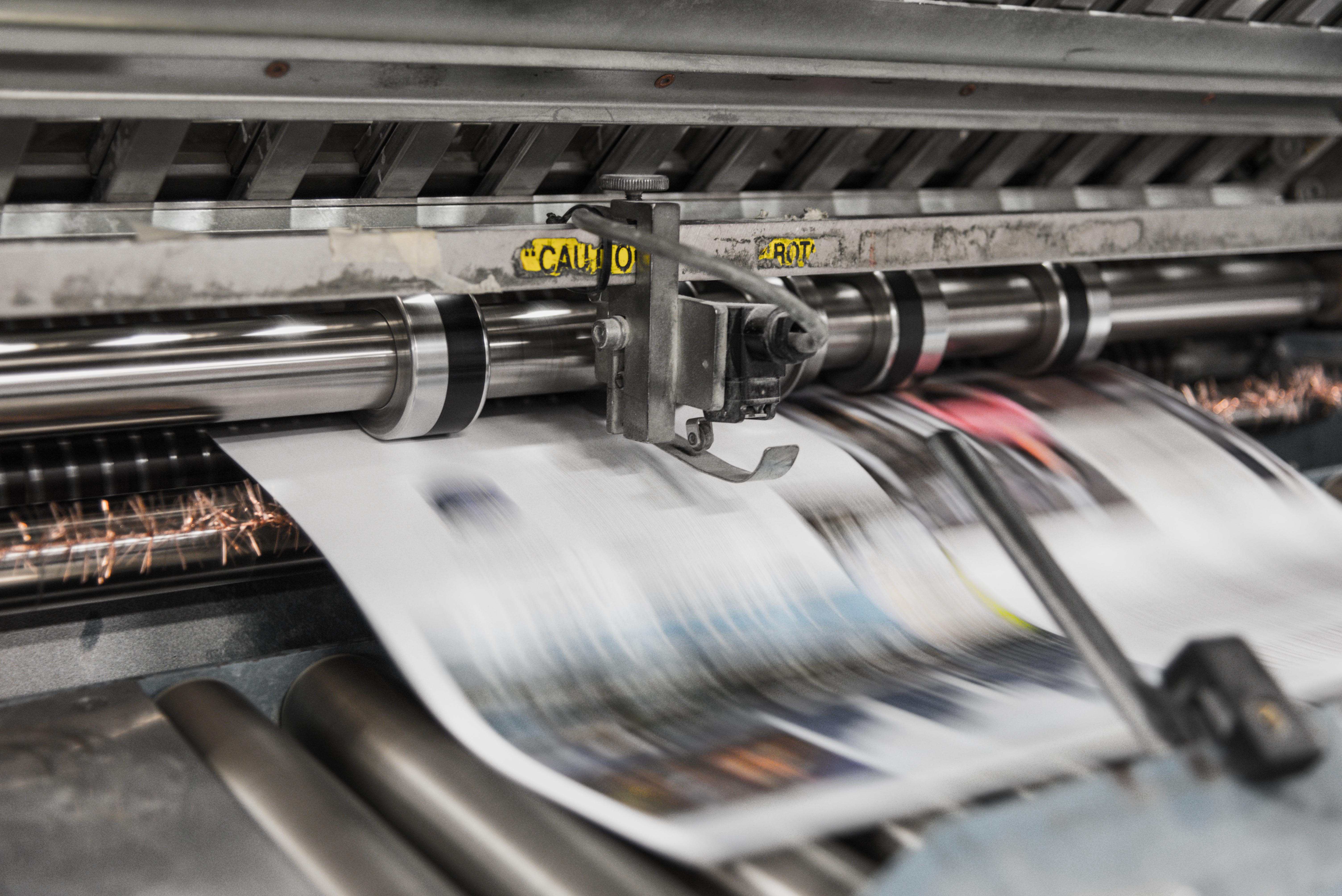Raids by the AFP on Australian journalists should concern everyone who cares about independent media
This article was originally published in the Daily Telegraph.
If ever there was a demonstration of the need for a Media Freedom Act, this is it.
The heavy-handed raids this week set a shocking benchmark for diminished press freedom in Australia.
It is long since Australians have seen such a blatant attempt to stifle and then persecute the release of information that is undoubtedly in the public interest. Regardless of intent, these raids are seen as egregious acts of intimidation to make an example of those brave enough to hold the powerful to account.
Bravery in these circumstances, however, should not be necessary in Australia. Journalism is a fundamental pillar of a healthy democracy, and ‘the public’s right to know’ should be unequivocally respected, by the public, lawmakers and governments alike.
The Alliance for Journalists’ Freedom, founded by Peter Greste, Chris Flynn (Partner at Gilbert + Tobin) and myself, released a White Paper on these very issues three weeks ago. In part it states,
“Responsible and representative government is a fundamental part of Australia’s political system. The constitutional implied freedom of political communication helps to support this principle by protecting public oversight of the exercise of executive and legislative power.”
These raids, perpetrated under legislation apparently blind to our constitutionally protected freedoms, confirm the urgency for Australian democracy to introduce shield laws that protect journalists and their sources when they reveal and speak out against abuse and misconduct by those in power.
The AJF White Paper published last month provides seven recommendations for legislative change in Australia to ensure press freedom is supported so we can have a healthier democracy.
The first recommendation stresses:
“Australia needs a ‘Media Freedom Act’ to re-balance Australia’s national security, data encryption, defamation, whistleblowing and suppression order legislation.
This new Act should contain purposive, positive protections for journalists when engaged in legitimate journalistic work, and their sources, from civil suits and law enforcement over-reach.”
The second recommendation is that we must have laws that strike the right balance in national security legislation.
We agree that
“Australia needs laws that respond appropriately to threats to national security posed by terrorism, a rapidly changing global and regional environment, covert foreign interference and malicious use of technology.
Recent tragedies in Christchurch and Sri Lanka, cyber-attacks against Australian parliament systems, and the findings of the Mueller report underscore that need.
However, since September 11, in passing laws to defend our country and institutions against new threats, successive governments have eroded many of the freedoms they sought to defend.
The result is a statutory framework that fails to appropriately balance national security legislation and operational secrecy for national security agencies on one hand, and public accountability and transparency of government, on the other hand.”
Whoever thought these acts against Annika Smethurst and the ABC were in the public interest, has overlooked or ignored how they undermine trust in government.
Also overlooked is the impact longer term they will have on trust in journalists, because a consequence will be to deter some journalists from investigating and reporting on government matters of legitimate concern and public interest.
That flawed thinking is found more often in other, harsher societies.
The AJF wants Australians to better appreciate the value of a free press, leading to an informed public and thus a healthier democracy. Reform, not heavy-handed police raids, will deliver that.
Peter Wilkinson is Chair of the Alliance for Journalists’ Freedom. He is a former journalist.
Media: Olivia Pirie-Griffiths, [email protected], 0400 716 181
Photo credit: Unsplash


